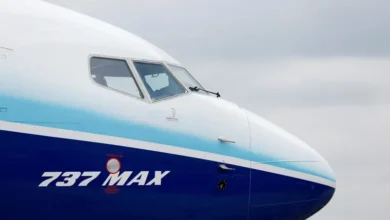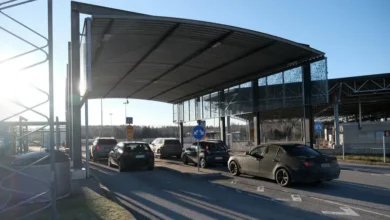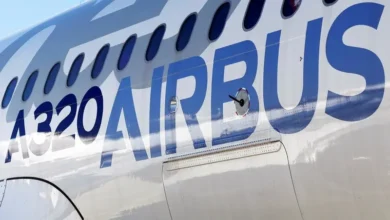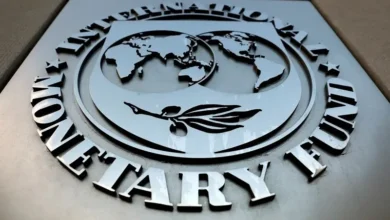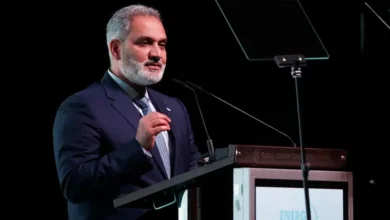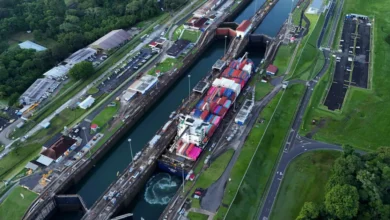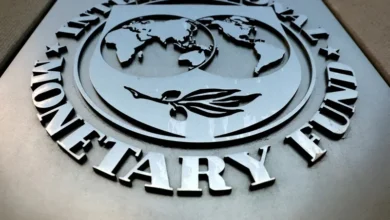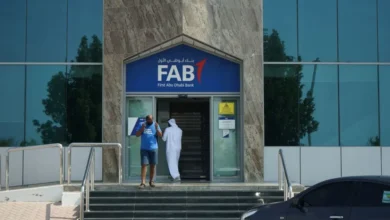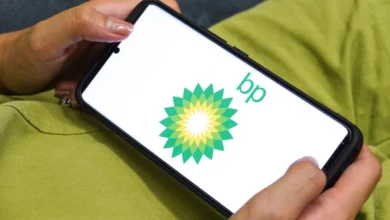Poverty surging in Iran during ‘lost decade’ of sanctions, says World Bank
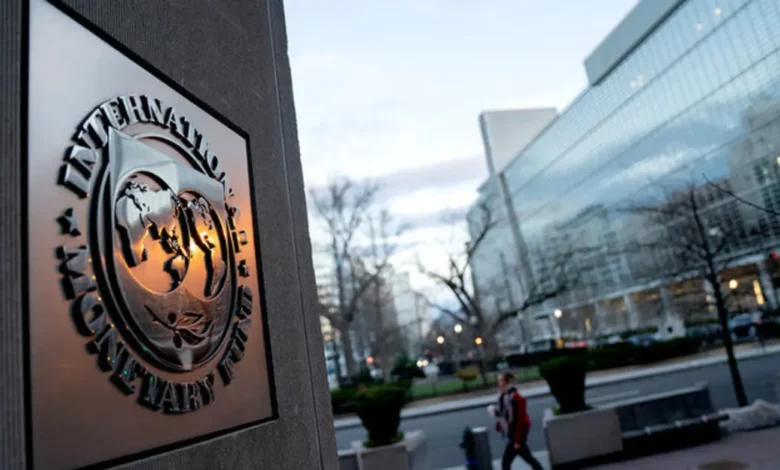
Almost 10 million Iranians have slipped into poverty from a combination of sanctions, bad economic management and volatile international oil prices during a “lost decade of growth,” according to a World Bank report.
The report is the institution’s first official assessment of poverty in the country of 85 million people since the 1979 Islamic revolution.
It portrays an economy in which inequality and poverty surged in the decade through 2020, with US-led policies contributing to that, and women bearing the brunt of the impact of both sanctions and the COVID-19 pandemic.
Iran saw declining poverty in the decades leading up to the 2011 imposition of sanctions by then-President Barack Obama, with those falling below the global poverty line going from 40 percent of the population in 1980 to around 20 percent in the early 2000s.
But since 2011, the “on-again, off-again sanctions — which were imposed by the US and other countries — have had “a deleterious impact on economic growth and Iranians’ welfare, the report’s authors wrote. “Iran’s economy has suffered from a lost decade of economic growth.
Economic woes in Iran were among the drivers of last year’s mass protests, which were sparked by the death of a young woman detained for allegedly violating strict Islamic dress codes.
The government in Tehran has taken advantage of a diplomatic thaw with the US this summer to increase its oil production and exports – a key source of foreign currency. Tehran says output will rise further, although Washington has vowed to clamp down on shipments.
The bank’s researchers weren’t able to travel to Iran for the report, which was released Nov. 15 without publicity and touches on issues politically sensitive to both Washington — the impact of sanctions — and Tehran — the prevalence of poverty. The US Treasury Department didn’t respond to requests for comment.
